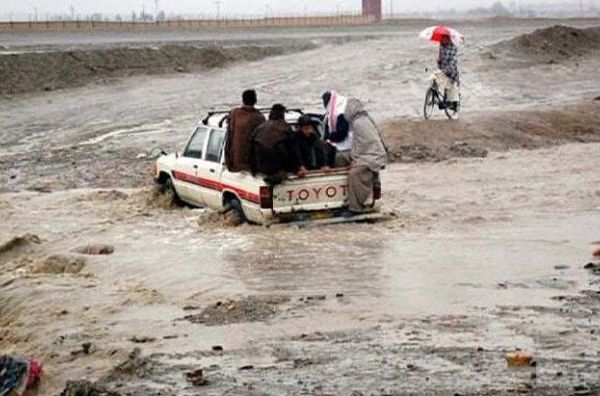All She Needs

Pakistan is not a country where a woman’s right to live in freedom and security is guaranteed. In fact, in 2011, we were ranked by the Thomson Reuters Foundation as the world’s third-most dangerous country for women.
Since then, successive governments have made efforts to improve the lot of women in our society. History was made when the Punjab Assembly passed the ‘Punjab Protection of Women against Violence Bill,’ and the national Parliament toughened laws on rape and ‘honour killings’ of women in 2016. Yet, despite this much-needed legislation, Pakistan still remains the third-most dangerous country for women, just above Afghanistan and the Democratic Republic of Congo.
According to the Pakistan Human Rights Commission, more than 1,000 girls are victims of honour-killings annually, and 90% face some form of domestic abuse. Despite stringent punishment against such crimes, the heinous practices of rape and honour-killings continue unabated. On New Year’s Eve in Islamabad, a woman was gang-raped when she went to what was supposed to be a job interview. Three out of the four rapists were introduced to her as a judge, an MNA and an SHO. Just this January, Parveen Bibi, who doused her own daughter, Zeenat, in kerosene and burnt her alive with the help of her son, was convicted and given the death sentence by an Anti-Terrorist Court.
The sad fact is that discrimination against women has become an ingrained part of our culture. We live in a patriarchal society that has deprived women of their rights for centuries, and where cultural mores have still not caught up with the evolution of laws. In a country where men can walk around holding hands and routinely go shirtless, we continue to talk about and thus control what constitutes the appropriate dress code for our daughters. It’s quite interesting how living in Pakistan heightens one’s sensitivity to even the sight of a woman who is not wearing either a Hijab or a Burka, which therefore, far from protecting her modesty, perpetuates her role as an object in the eyes of men.
It is also a sad fact that much of our hypocrisy against women is institutionalized by politicians and clerics, who take cover under misguided interpretations of the Qur’an. In January 2016, a bill aiming to ban child marriages was shot down by the Council of Islamic Ideology and subsequently by parliament itself, claiming the bill was ‘un-Islamic’ and ‘blasphemous,’ forcing MNA Marvi Memon to withdraw her proposed ‘Child Marriage (Restraint) Amendment Bill’ of 2014.
While there are enough progressive voices in parliament that have enabled ground-breaking laws to discourage violence against women, it is clear that these voices become deathly silent when religion is brought into the picture. To bring about a genuine improvement in the status of women, we need to effect a societal change in Pakistan. Curriculain private and public schools should be designed to promote the equality of girls and women. In our history and Pakistan Studies textbooks, the role of women in leadership should be recognized and celebrated. The government must also muster the courage to regulate madrasa education, and ensure that our seminaries do not continue to be used for promoting bigotry and regressive thought.
Political will does not end with passing legislation, it begins with its enforcement. Politicians need to speak up, and we the public need to support them in this cause. The day we stand up for the rights of independent-minded women like Qandeel Baloch and unanimously condemn the hypocrisy of people like Mufti Abdul Qavi. that will be the day the Pakistani woman will walk free, and the day we begin to realize our true potential as a nation. She needs us, but we need her more.
The writer is a student at Aitchison College, Lahore.







